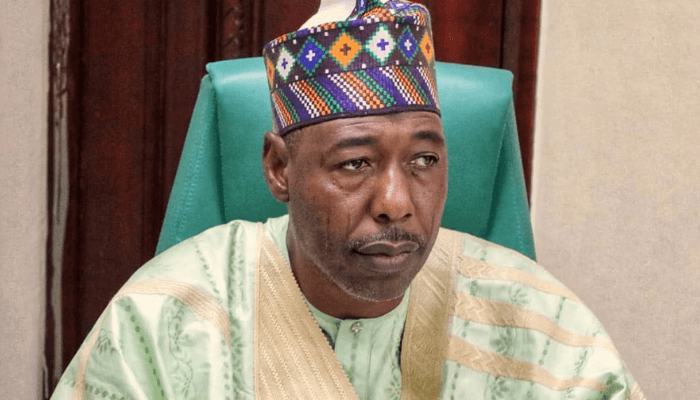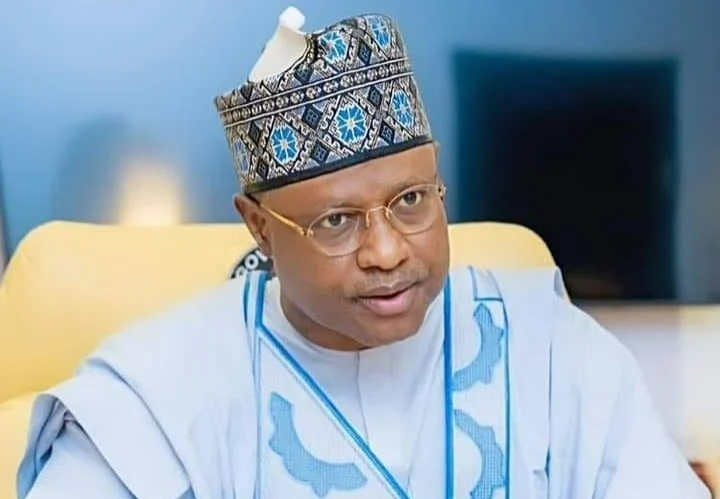The Federal Government, through the National Orientation Agency, has blamed the frequent collapse of Nigeria’s national grid—resulting in widespread blackouts—on the inability of electricity distribution companies to absorb the power generated.
In a circular released on Wednesday titled “Why National Grid Collapses,” the NOA explained that while Nigeria has the capacity to generate up to 13,000 MW of electricity and transmit around 8,000 MW, the limited infrastructure of DisCos hinders the efficient distribution of power, often leading to system failures.
The agency highlighted that, in the previous month, DisCos rejected approximately 1,400 MW of the 5,313 MW generated by power plants.
This inability to take on the available electricity further exacerbates the nation’s power supply challenges and contributes to frequent outages across the country.
“As of today, the TCN has an installed wheeling capacity of over 8,100MW and can comfortably wheel out 6,000MW of generated power, thanks to these facility upgrades courtesy of the Siemens project as well as TCN’s internal projects.
“On the generation side, with the addition of the 700MW Zungeru hydroelectric plant which came on stream in the second quarter of the year, Nigeria’s national grid now has an installed power generation capacity of about 13,610MW.
“Despite the 13,610MW generation capacity and the over 8,000MW transmission capacity, the total active distribution capacity of the 11 Discos in Nigeria is still hovering around 4,000MW.
“Just last month, on September 2nd, a peak generation in three years was achieved but out of the 5,313MW generated and wheeled out that day, the Discos rejected almost 1,400MW due to their systems’ fragility. These load rejections by Discos contribute to the collapse of the national grid,” the statement read in part.
The NOA further highlighted that cost recovery remains a major challenge for DisCos severely limiting their ability to invest in essential infrastructure.
According to the NOA, this financial constraint has created a difficult environment for DisCos, discouraging the necessary investments required to improve and maintain a stable and efficient power distribution system.
However, the agency assured that the federal government is actively working to improve the business environment for DisCos.
Key initiatives include the recent increase in electricity tariffs for Band A customers, aimed at enhancing the financial viability of the sector and encouraging investments in critical infrastructure needed to prevent future grid collapses.
“Cost recovery is the major challenge of Discos, which has hampered them from upgrading their distribution substations and facilities to accept more power for distribution to their consumers.
“This environment discourages investment in the sector. However, the Tinubu administration is tackling this age-long challenge headlong…,” the statement added.
It was previously reported that the national grid collapsed on Tuesday, causing a nationwide blackout.
This incident marks the eighth grid failure in 2024, with a concerning trend of three collapses occurring in October alone, highlighting the ongoing challenges in Nigeria’s power sector.











